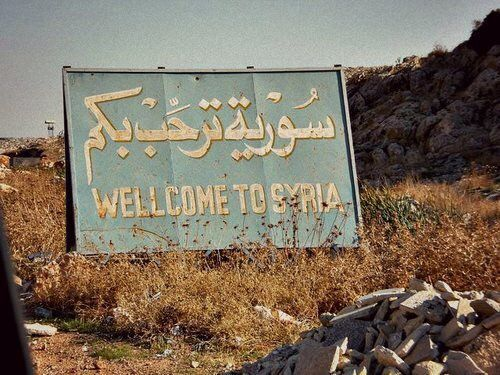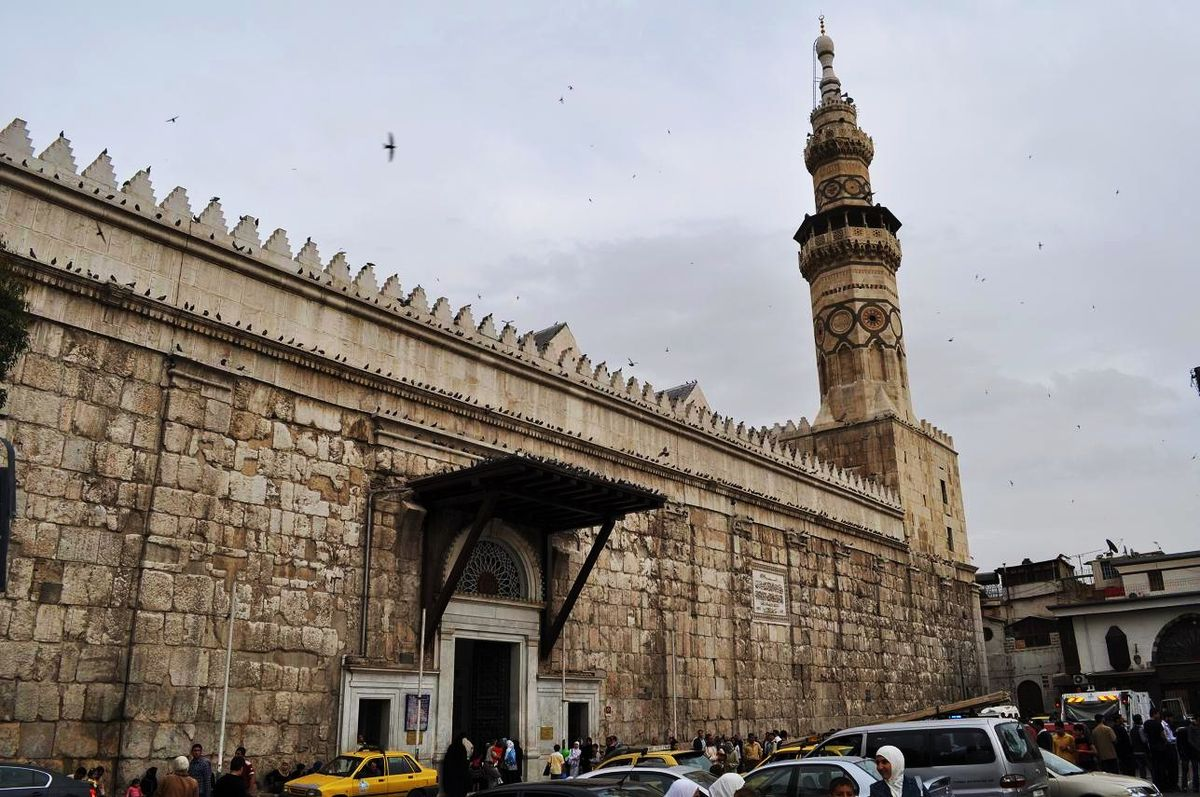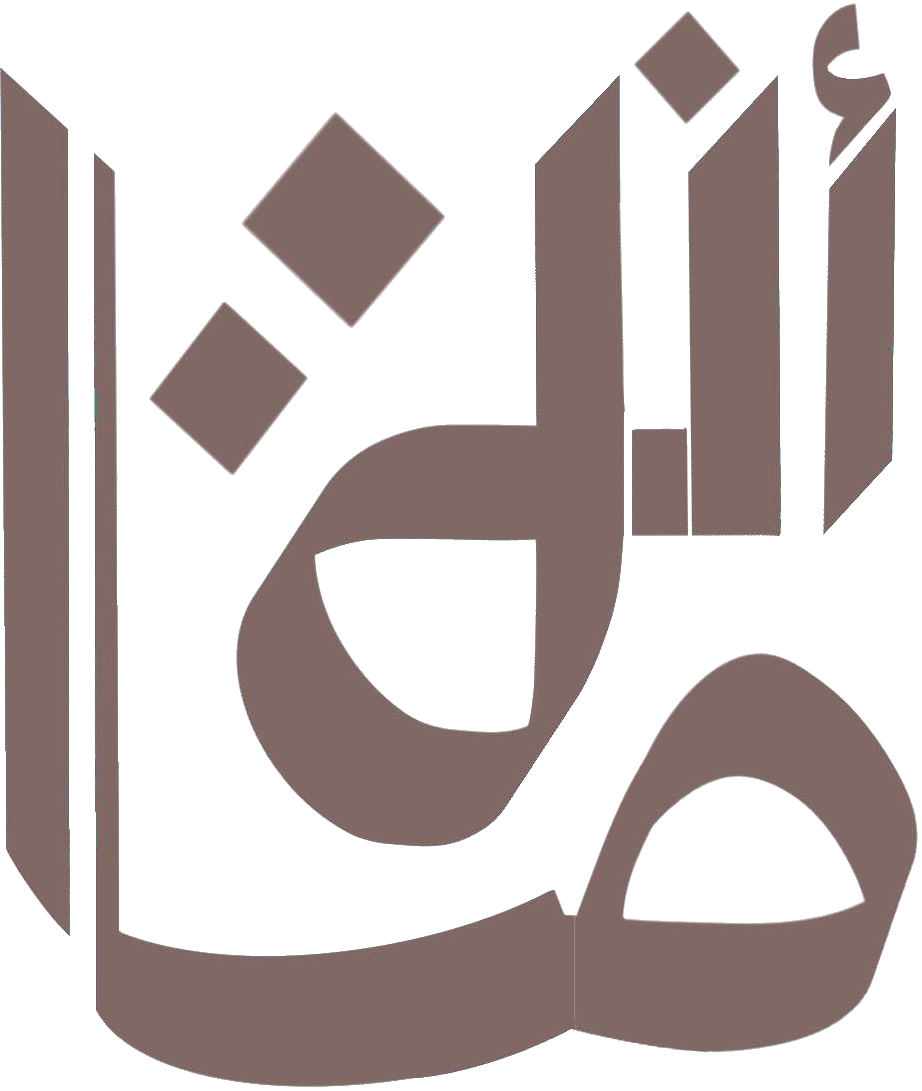Syria, Political Islam & Zionism?

The Syrian uprising of 2011 began with the people rising against the tyranny of Bashar al-Assad. It stirred hearts across Syria and the wider Muslim world, where many saw in it not only a struggle for political justice but also a possibility for Islamic revival. Thousands of volunteers travelled from Turkistan, the Caucasus, Europe, and beyond, motivated by an Islamic vision: to purify al-Shām from oppression, sectarianism, and foreign domination, and to restore dignity by honouring the law of Allah.
Yet, as the years passed, this vision faced trials. Internal rivalries, the burdens of governance, compromises with regional powers, and the leadership direction of Ahmad al-Sharā‘ (Abu Muhammad al-Jolani) have all reshaped what began as a clear Islamic uprising.
Early Islamic Vision
In the early years, liberated areas such as Idlib became a laboratory for Islamic governance. Mosques were revived, Qur’an schools opened, Shariah courts administered justice, and social services were organised for orphans and widows. Resistance factions often worked closely with scholars and du‘āt, with the aspiration of laying down the foundations of an Islamic polity. For many muhājirīn (those who made hijra), this was evidence that the ummah could govern itself without depending on Western patrons or secular elites. Under HTS and the “Salvation Government,” Idlib today shows a mixed legacy.
On one hand, there are functioning ministries, schools, hospitals, courts, and administrative structures. There is also a visible religious revival: mosques are active, Qur’an memorisation circles widespread, Shariah high schools and faculties established, and Islamic symbols of identity (niqāb, jilbāb, da‘wah stalls) openly normalised. At the same time, critics observe that HTS has shifted from its early Islamic discourse toward pragmatic state-building and external negotiations. This raises the question: has the revolution’s Islamic spirit been preserved, or has it been transformed into a more worldly project?

Shift in Education & Governance
With time, and as Aḥmad al-Sharāʿ consolidated authority, the idealism of many fighters and activists has been tested. In governance, one of the most debated areas has been education.
In September 2025, the newly constituted Ministry of Education announced curriculum reforms that halved Qur’an and Islamic studies hours and introduced music, arts, and sports classes. This sparked uproar among parents, teachers, and local scholars, who accused the authorities (some of whom had roots in the former HTS-aligned administration) of betraying the revolution’s promise of Islamic identity. Within weeks, after mass protests and clerical pressure, Qur’an classes were reinstated and much of the religious curriculum restored. The episode revealed both the population’s deep attachment to Islamic education and the leadership’s readiness to test the boundaries of secularisation.
At the same time, other educational shifts have been viewed more positively by the local community. Efforts to expand women’s access to higher education have opened paths for female teachers, doctors, and administrators which are roles essential to sustaining family life and social welfare in a society under siege. Supporters argue that such policies align with the Prophetic precedent, as women in early Islam were active participants in knowledge and public welfare: ʿĀʾishah (raḍiy Allāhu ʿanhā) transmitted over two thousand ḥadīths, al-Shifāʾ bint ʿAbdillāh taught literacy in Madīnah, and many women of the classical period studied and issued religious rulings.
Beyond education, ministries have pursued pragmatic policies that can be viewed negatively by more traditional voices: integrating with foreign NGOs and adjusting teaching standards to meet international expectations. Some HTS supporters see these steps as necessary to keep Idlib’s institutions alive under siege, sanctions, and economic collapse.
Critics argue they represent a gradual erosion of the Islamic character of governance. Foreign fighters from Turkistan, the Caucasus, and elsewhere remain committed to the battlefield but excluded from political leadership. For them, who made hijrah for the supremacy of Sharīʿah, such compromises are hard to reconcile. Many Syrians also feel that the original revolutionary spirit has been overshadowed by bureaucracy, diplomacy, and alliances. Some view these compromises as necessary to preserve what remains; others see them as a slow theft of the martyrs’ trust.
Syria, Israel, and the Wider Struggle
Ahmad al-Sharā‘ continues to speak strongly against Israel, secularism, and in defence of Islam, maintaining a traditional tone in his public addresses. Yet, in practice, military confrontation with Israel remains absent, with analysts noting that such a move would be catastrophic given Syria’s devastation and economic collapse. In this context, the Abraham Accords have emerged as a point of speculation and controversy. Reports suggest that U.S. and Israeli officials have floated the idea of Syria joining the accords in exchange for lifting sanctions and regaining international legitimacy. Congressman Cory Mills even claimed that al-Sharā‘ expressed willingness “in principle,” provided Israel ends attacks and addresses Syria’s territorial claims, notably the Golan Heights. At the same time, Washington has already lifted many sanctions on Syria moves seen as paving the way for normalization talks. However, Syria has publicly rejected these offers, emphasising that the Abraham Accords were originally concluded with states that had no direct occupation dispute with Israel. Damascus insists that no normalization is possible while the Golan remains occupied.
For many Syrians and fighters who sacrificed for an Islamic vision, even entertaining the proposition of normalization is viewed as an alarming departure from the revolution’s core principles.This tension mirrors the broader struggle: between the pragmatic need to survive in a hostile geopolitical environment and the Qur’anic vision that ignited the uprising in the first place.
Lessons from Prophetic Life
From the Prophetic tradition we know that revolutions and leadership are among the greatest tests. The Messenger of Allah ﷺ warned that power brings fitnah, and history shows how even noble movements can be weakened by rivalry, compromise, or the pursuit of dunyā. The Companions themselves faced divisions after the Prophet’s passing, yet they also preserved Islam through patience, shūrā, and reliance upon Allah. The recent reinstatement of Qur’an classes after public protest is a powerful reminder that the ummah’s attachment to Islam endures, even when leadership falters. The speculation around the Abraham Accords, however, is a reminder that survival politics can tempt leaders toward dangerous compromises.
The example of Khālid ibn al-Walīd reminds us that true strength is not reckless confrontation but wise preservation of the ummah. At the Battle of Muʾtah, when faced with overwhelming Byzantine forces after the fall of the Muslim commanders, Khālid reorganized the ranks and executed a strategic withdrawal to save the believers from annihilation. According to the sīrah reports, when some people taunted the returning soldiers as fugitives, the Prophet ﷺ corrected them, saying that they were not cowards but “those who will return to fight again.” Though the exact phrasing is preserved in the sīrah tradition rather than the Ṣaḥīḥayn, the meaning is firmly established: the Messenger of Allah ﷺ affirmed their courage and intention.
If today’s governance in Syria can maintain its Islamic symbols, keep tawḥīd central, and resist assimilation into foreign agendas, then perhaps the revolution is undergoing a test of ṣabr and ḥikmah. But if its drift continues far from the Qur’anic vision that inspired so many sacrifices, then it is only natural for Muslims to question whether the trust of the martyrs has been betrayed.

REFERENCES
Web Sources
- 5Pillars. (2025). Syria reduces Islamic studies hours while adding music and arts. 5Pillars.
- 5Pillars. (2025). Syria reinstates Qur’an classes after backlash. 5Pillars.
- The National. (2025). Syria’s school curriculum changes spark backlash as country navigates post-Assad transition. The National.
- Hurriyet Daily News. (2025). The Syrian ministry unveils major school curriculum changes.
- Saudi Gazette. (2025). Syrian president rejects Abraham Accords, cites Golan Heights conflict.

